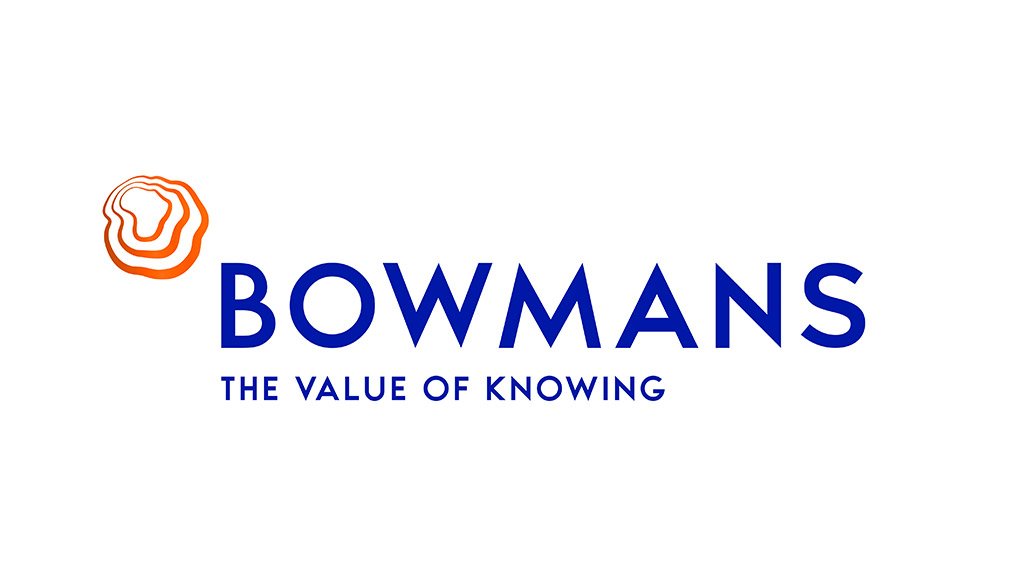After an unexpected court victory for the taxpayer concerned and a potentially revenue-draining defeat for the South African Revenue Service (SARS), the big question for affected corporate taxpayers with a Netherlands shareholder is: Would it be best to apply now for a dividends tax refund or rather wait and see what SARS does next?
This question, and its answer could have significant financial implications for taxpayers and SARS alike, it arises as a result of a recent decision of the Tax Court in Cape Town.
On 12 June 2019, the much-watched matter between SARS and the South African corporate taxpayer (which has not been named) was concluded when the Tax Court decided in favour of the taxpayer – a South African-incorporated and tax-resident company that is wholly owned by a Netherlands-incorporated and tax-resident company.
In its ruling, the Tax Court upheld the application of the most favoured nation clause in the double taxation agreement (DTA) between South Africa and the Netherlands. This implies that SARS has to refund the dividends tax paid by the taxpayer.
The taxpayer has been trying since November 2014 to claim a refund for 5% dividends tax paid to SARS on dividends declared to its Netherlands shareholder in April 2012 and October 2012. Its argument is that the claim that it was actually not subject to dividends tax at all.
Most favoured nation clause invoked
To back up this claim, the taxpayer relied on the most favoured nation clause in the SA-Netherlands DTA. According to this clause, if South Africa and a third country, subsequent to the conclusion of the SA-Netherlands DTA, conclude a DTA that provides for a lower rate of tax on dividends, then the lower rate automatically applies to the SA-Netherlands DTA. The lower rate will apply from the date on which South Africa’s DTA with the third country came into force.
This is where things become a little complicated because South Africa’s DTAs with a third and fourth country, Sweden and Kuwait, come into play. Further shaking things up is the dates connected to them.
Delays by Kuwait
The SA-Netherlands DTA which incorporated the most favoured nations clause came into force in 2008, the SA-Sweden one in 2012 and the Kuwait one… well, although negotiations between that country and South Africa for a revised DTA were finalised before dividends tax came into effect on 1 April 2012, Kuwait has yet to take the final steps that would put the protocol into effect.
Hence, the existing SA-Kuwait DTA, which was concluded in 2006, still applies and provides for a dividends tax rate of 0% to be imposed by South Africa. The taxpayer argued the application of most favoured nation clause contained in the SA-Sweden DTA. The SA-Sweden DTA’s most favoured nation clause is similar to the one in the SA-Netherland DTA, but with one crucial difference, the clause applies irrespective of when the DTA with the third country was concluded. The taxpayer argued that the most favoured nation clause in the SA-Sweden DTA applied due to the prior provisions in the SA-Kuwait DTA. This then triggered the most favoured nation clause in the SA-Netherlands DTA – meaning that a zero rate of dividends tax should apply to the taxpayer.
SARS argued, among other things, that the applicant was exploiting an entirely unanticipated, unforeseen and unfortunate occurrence – Kuwait’s delays in taking the final steps with the amended DTA – with consequences that are potentially financially disastrous for South Africa.
The Tax Court dismissed SARS’ arguments and ordered it to pay a refund to the taxpayer.
Apply now or wait and see?
Although the Tax Court found in favour of the taxpayer, it is clear from the arguments SARS made that South Africa will lose a lot of tax revenue if the most favoured nation clause is applied and if this judgment stands. It is thus very likely that SARS would appeal the judgment.
In our view, the Court did not give proper consideration to the guidelines developed internationally to interpret DTAs. Briefly, these guidelines provide that a strictly literal approach to interpretation is not appropriate in construing the provisions of an international treaty and that a treaty should be interpreted in good faith, in context and in the light of the object and purpose of the DTA.
Since SARS was in the process of renegotiating all its DTAs to remove the exemptions, it seems unlikely that it intended giving Kuwait a better tax dispensation since it had already negotiated a removal of the exemption allowing for a 0% dividends tax rate.
If SARS appeals the judgment, a higher court may rule in its favour. It may thus premature to start to claim dividends tax refunds on the basis of the application of the most favoured nation clause in the SA-Netherlands DTA.
Nevertheless, a taxpayer who claims a refund of dividends tax needs to submit the required declaration within three years after the date of payment. No further claim for a refund can be made after the expiry of a four-year period. Therefore, it the taxpayer wishes to stop the prescription from barring his claim, a refund application should be submitted urgently.
On the other hand, a taxpayer may take the view that it is worthwhile to submit an application now to ensure that the four-year prescription period is not reached in respect of such refund claims.
Apply now or wait and see? That is the question.
Written By Robyn Berger, executive: tax and Esther Geldenhuys, senior associate, Bowmans
EMAIL THIS ARTICLE SAVE THIS ARTICLE ARTICLE ENQUIRY
To subscribe email subscriptions@creamermedia.co.za or click here
To advertise email advertising@creamermedia.co.za or click here











